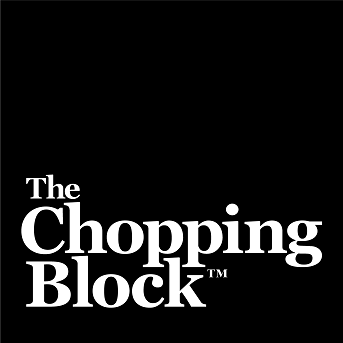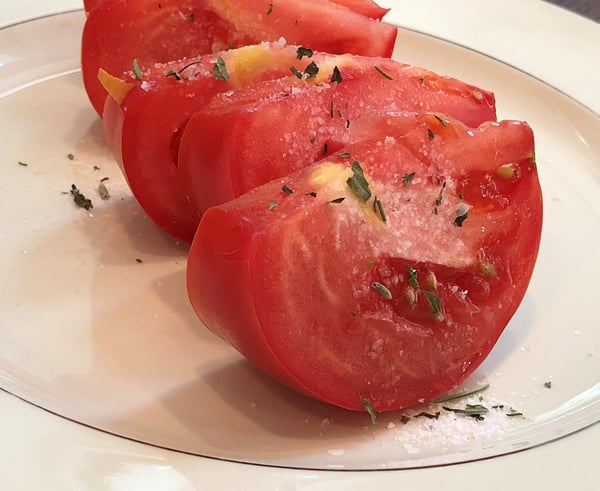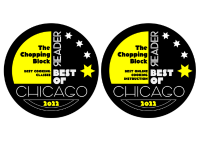I have been growing a tremendous number of herbs in Michigan and experimenting with different preservation methods for them. It's been revelatory for me! Before I started drying my own herbs, I had no idea what a difference there was between store-bought dried herbs and fresh dried herbs. If you are interested in the learning the method for this, please check out my Drying Herbs and Using Dried Herbs.
The herbs I have been drying are so fresh when I dry them and there is such little time between picking, drying and cooking that they reconstitute to an almost fresh state when you use them. The main difference between these fresh dried herbs and fresh herbs is that they are more concentrated than fresh. Once you dry them, the flavor intensifies and this intensity comes through when you use them, so this allows you to use these dried herbs in many of the same ways you would use fresh!
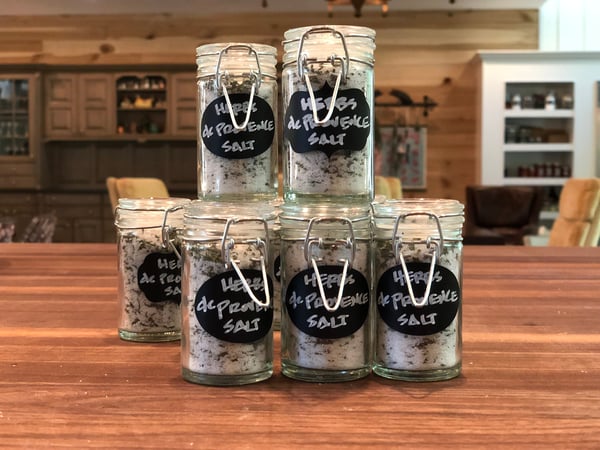
You will be seeing more handmade seasonal products on our store shelves moving forward. I completed construction on our research and development center this year, and I’ll be starting to harvest from those gardens, as well as working with local farmers to incorporate their product into custom Chopping Block dried herbs, herb blends, spices, spice blends, sugar blends and more. The first product to hit our shelves is Herbs de Provence Salt.
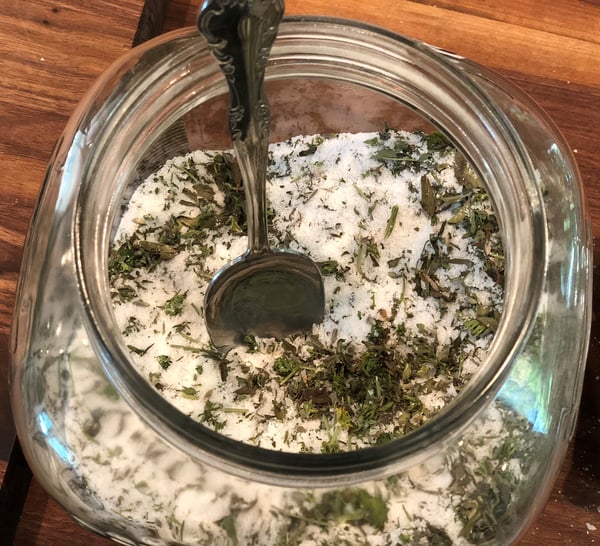
Our blend includes Basil, Parsley, Lavender, Tarragon, Parsley, Oregano, Marjoram, Thyme, Rosemary and Kosher salt. The herbs are dried in whole leaf form and then gently crumbled and combined with kosher salt. The herbs are left in intentionally large pieces to retain as much volatile oil as possible (when you use the salt you can crush the herbs into smaller pieces with your fingers to release these oils). This mix is aged slightly to infuse the herbs' flavors into the salt. The salt is added to the blend for just that purpose, to be the medium that captures the essence of all the herbs. The salt is also a great preservative for the herbs.
Herbs de Provence is a highly versatile herb blend. To me, it captures both the flavors of summer and winter and the freshness of our product only emphasizes that quality further! So, you can really use this salt anywhere you use salt, but it's perfect anywhere salt is a featured ingredient.
Let me give you some examples.
1. Use as a finishing salt.
Simple sprinkle on sliced fresh tomatoes, in a fresh tossed salad, French fries or on popcorn.
2. Use on roasted, sautéed or grilled meats and vegetables.
Rub on grilled steak, roasted chicken, or sautéed chicken or fish. Sprinkle on roasted vegetables, squash or potatoes or in your sautéed mushrooms.
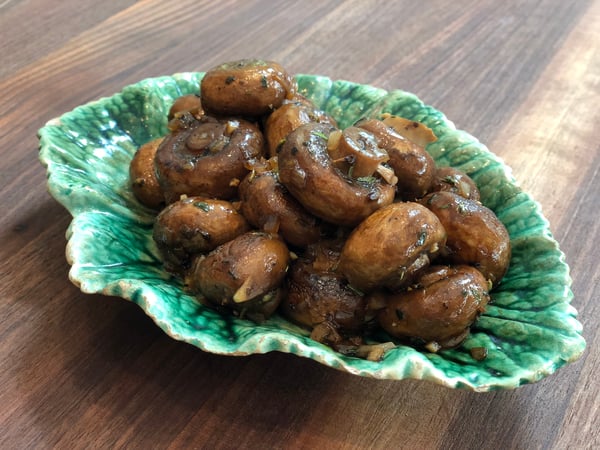

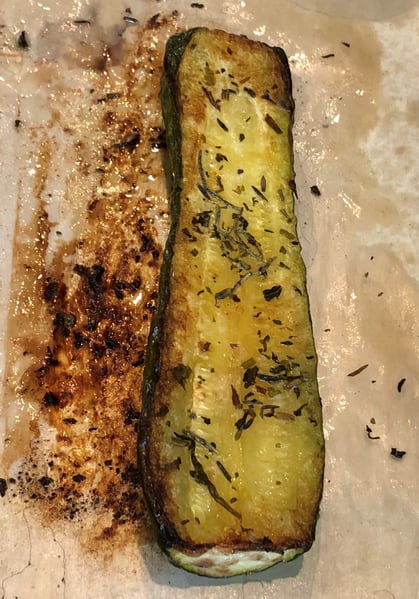
3. Baked goods
Sprinkle on biscuits, cornbread, homemade crackers or dinner rolls when you bake them or add to your au gratin potatoes, macaroni and cheese or in your frittata.
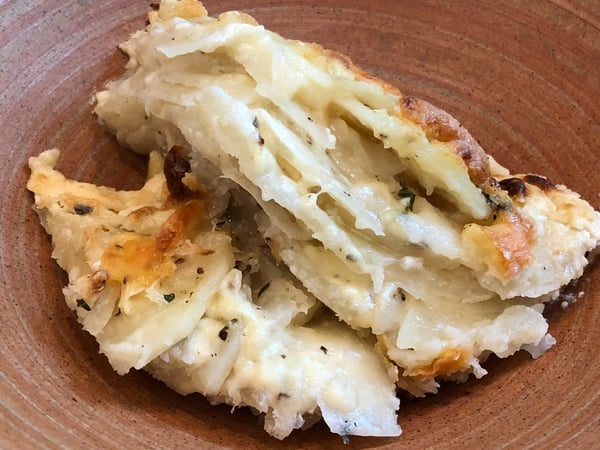
We will be featuring our new Herbs de Provence salt in many of our upcoming classes such as the Farmers' Market Tour and Cooking Class and grilling classes. Stop by our stores retail floor for a whiff and a taste. If you want to learn more about herbs and spices and how to use them in your cooking, sign up for our always popular Flavor Dynamics class.
